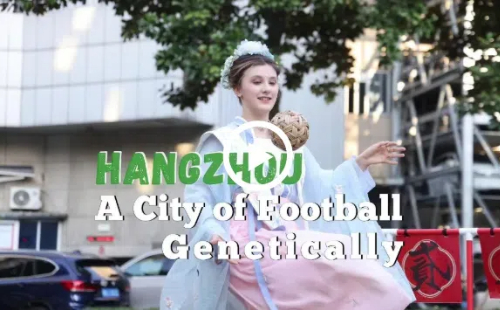Joint hospital effort bolsters treatment
Xie's 45-year-old wife, Pan Simi, said people like her husband no longer needed to travel long distances for complicated surgery.
"Now the medical technology and equipment at Taijiang county hospital are almost the same as those in the provincial capital and prefecture-level cities, and many medical experts and senior doctors from major hospitals in other parts of the country are taking turns to see patients in the hospital," she said.
Xiong Wen, director of the county hospital's hemodialysis center, said the minimally invasive kidney surgery performed on Xie had many advantages, including less damage, less pain and quicker recovery.
"The surgery can play a role in saving lives and is widely used in urology, but it is also high-risk. The patient can suffer a massive hemorrhage if the surgeons make even a minor mistake," said Xiong, who was part of the team that operated on Xie.
"The technical requirements are very high, and only senior doctors can perform such surgery."
Xiong said he has learned a lot from Shen and could now perform many kinds of surgery he had not dared attempt before. Other local doctors have gained similar confidence thanks to the presence of Shen and other senior doctors at the hospital.
Chai Biao, deputy director of the general office of Taijiang county hospital, said Taijiang has a high incidence of kidney stones and gastrointestinal diseases due to the poor local diet.
The county hospital has established a digestive endoscopy center with the help of the doctors from Hangzhou to provide painless gastrointestinal endoscopy services and perform minimally invasive surgeries, and has also established a urinary surgery department.
Taijiang's county government has attached great importance to further improving medical treatment standards in the 13th Five-Year Plan (2016-20).
It said it has spent more than 20 million yuan on the construction of upgraded facilities, including the outpatients building, 10 million yuan on information technology, 3.25 million yuan on advanced medical equipment and 1.6 million yuan building two new canteens at the hospital.
The government is planning to further expand its investment to help attract talented doctors and medical staff and will also send more local medical staff for training outside the Taijiang county.
Chai said more local patients were choosing to see doctors at the hospital thanks to its improving standard of medical treatment, and it was also attracting more patients from nearby counties and townships.
Taijiang county lies in the southeast of Guizhou, and 98 percent of its residents are members of the Miao ethnic group.
Chai said the hospital now had people who could guide outpatients to the correct services in the Miao language as well as Mandarin.
More than 113,481 outpatients and emergency patients received treatment at the hospital last year, he said, up 28 percent year-on-year.





 play
play